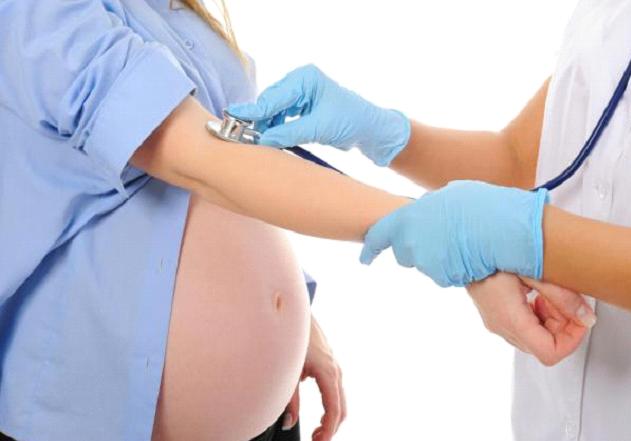Preeclampsia Symptoms, Causes, Diagnosis and Treatment

What Is Preeclampsia?
It is a complication of pregnancy marked by high blood pressure and signs that arises due to the damage of an organ system, usually the kidneys. In majority instances, preeclampsia starts after the 5th month of pregnancy.
If the condition is left untreated, it can lead to some serious, or say life-threatening complications for the unborn baby and its mother. The mere cure of preeclampsia is the delivery of the baby. Preeclampsia can be challenging to be treated, in case diagnosed at an early stage of pregnancy.
What Are The Symptoms Of Preeclampsia?
At times, the condition occurs without any warning signs. High blood pressure can gradually develop, however usually; it has an abrupt onset.
The prenatal care focuses on monitoring the blood pressure on regular basis as the initial symptom of the condition is an increase in blood pressure.
Some other symptoms include:
- Nausea and vomiting.
- Proteinuria.
- Other symptoms of kidney damage.
- Severe headache.
- Decreased urine output.
- Changes in vision such as blurred or loss of vision.
- Impaired liver function.
- Breathing difficulties due to accumulation of fluid in the lungs.
- Thrombocytopenia.
- Upper abdominal pain.
Some other symptoms of preeclampsia are:
Edema (swelling, especially in the hands and face) and weight gain. As these symptoms are common in normal pregnancies as well, these symptoms are not believed to be the reliable symptoms of preeclampsia.
What Causes Preeclampsia?
Doctors have not yet identified the precise cause of preeclampsia. Though, few potential causes may include:
- Diet.
- Genetic factors.
- Autoimmune disorders.
- Blood vessel problems.
What Are The Risk Factors Of Preeclampsia?
Since, the exact cause of preeclampsia remains a mystery; researchers have ‘predicted’ few factors that may increase the likelihood of preeclampsia. These are:
- Obesity.
- First pregnancy.
- Advanced maternal age (above 35 years of age).
- History of diabetes, hypertension or kidney disorders.
- Pregnancy of early teens.
- Pregnancy with two or more fetuses.
Indeed, one can do nothing to prevent preeclampsia. However prompt and continuous prenatal care can greatly help.
What Are The Complications Of Preeclampsia?
Following are the complications of preeclampsia:
- Lack of blood flow to placenta.
- Placenta abruption.
- HELLP syndrome.
- Eclampsia.
- Cardiovascular disease.
How Is Preeclampsia Diagnosed?
If the doctor doubts the possibility of preeclampsia after being detailed with the symptoms, he or she can suggest the following:
- Blood tests.
- Urine analysis.
- Fetal ultrasound.
- Biophysical profile or nonstress test.
How Is Preeclampsia Treated?
The mere cure for the condition is delivery. In case it is very early in the pregnancy, then indeed, it is not good for the baby. Possibilities of severe bleeding, stroke, placental abruption and seizures exist, until the blood pressure is controlled.
Strategies to cope-up with preeclampsia may include:
- Medications: Medications that can help lower the blood pressure, antihypertensives. For severe instances, corticosteroids and anticonvulsant medications are prescribed.
- Bed rest.
- Hospitalization (severe cases).
For the patients detected with preeclampsia at the stage when their pregnancy is about to end, the doctors can suggest inducing labor at once!
By : Natural Health News




